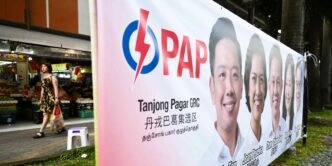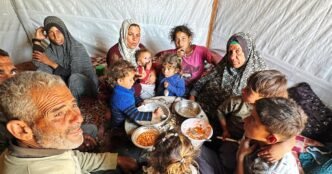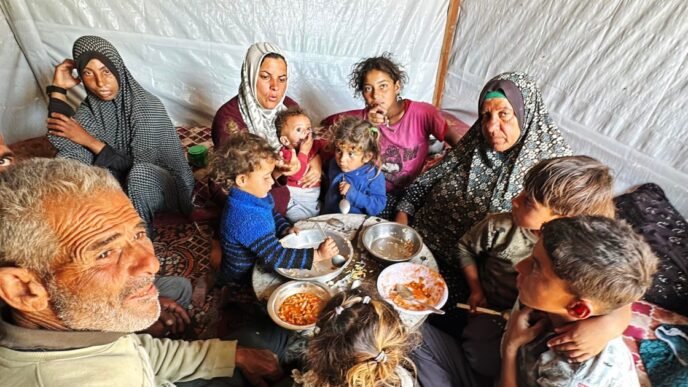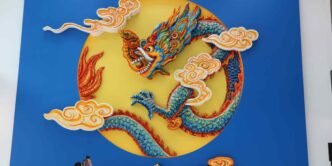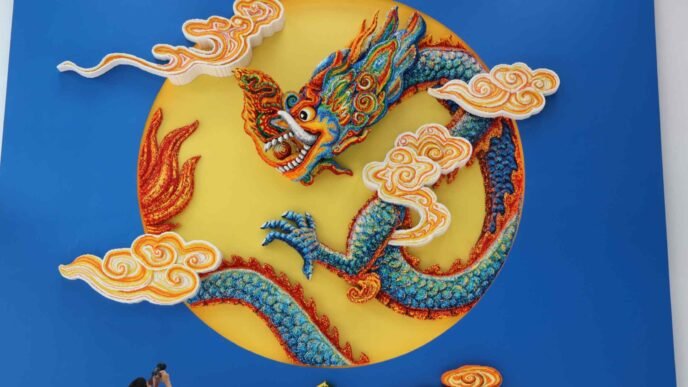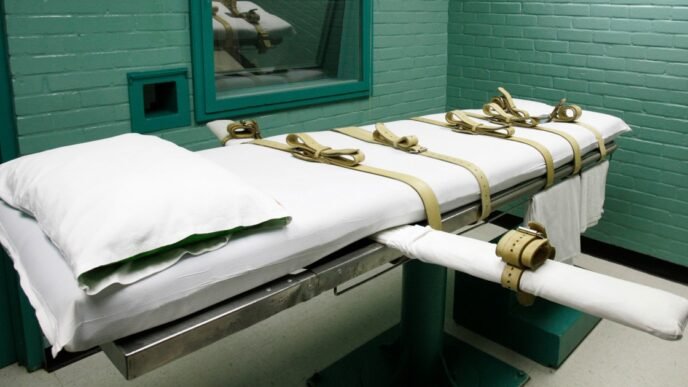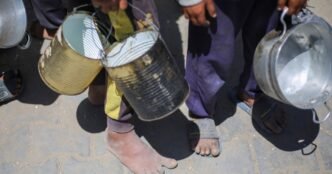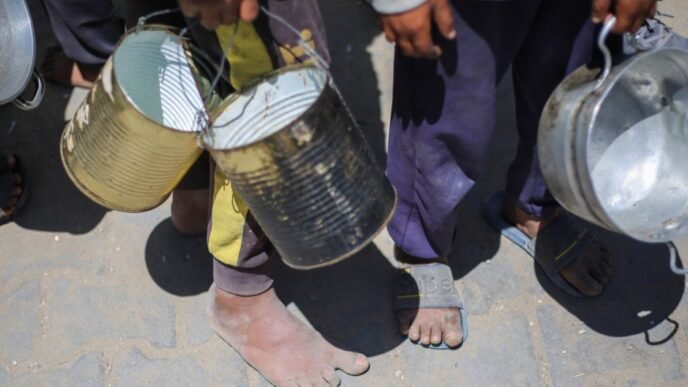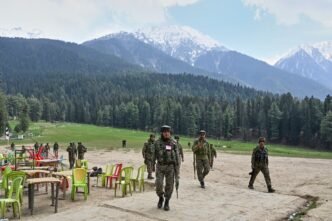Welcome to Your Week in Asia.
Election campaigns in Australia and Singapore are entering their final days, with the former being too close to call and the latter taking place against the backdrop of a generational shift in the ruling party.
Meanwhile, Japanese Prime Minister Shigeru Ishiba is in Southeast Asia as the region weighs the impact of the tariffs unleashed by U.S. President Donald Trump. In a key indication of the economic fallout, Chinese factory activity data for the month will be published.
Get the best of our coverage of Asia and much more by following us on X, @NikkeiAsia. We are also now on Bluesky. Our handle is @asia.nikkei.com.
MONDAY
Data: Malaysia March trade figures
TUESDAY
Ishiba arrives in the Philippines
Ishiba will visit Vietnam and the Philippines from Sunday to Wednesday in an effort to strengthen regional security and deal with economic challenges related to new U.S. tariffs. Ishiba is scheduled to meet with President Ferdinand Marcos Jr. on the Philippine leg of his trip.
Indonesia’s EV show
The Indonesia Electric Vehicle Show begins in Jakarta against the backdrop of strong growth in the industry. Leading Chinese brands BYD and Wuling, which make up over 80% of the market, are expected to participate, along with South Korea’s Hyundai and BMW of Germany.
Earnings: HSBC
WEDNESDAY
Vietnam marks 50th annivers of war with U.S.
Vietnam celebrates its victory over the U.S. 50 years ago on April 30, 1975. The U.S. pullout ended the two-decades-long Vietnam War, with the Communist Party taking control of the whole country. This year’s event will be one of Vietnam’s biggest celebrations ever, featuring around 13,000 troops and civilians marching across Ho Chi Minh City.
China’s factory activity
China releases its monthly purchasing managers’ index, a gauge of manufacturing activity, for April. The reading will be the first since Trump’s “Liberation Day” tariff announcement on April 2 sparked a flurry of tit-for-tat measures by Washington and Beijing, raising duties to levels that many fear will choke trade between the world’s two biggest economies. In March, Chinese production expanded at the fastest pace in a year.
Earnings: Grab, Samsung Electronics, LG Energy Solution
IPO: DN Solutions
Data: Taiwan Q1 gross domestic product
Monet policy: Bank of Thailand
THURSDAY
BOJ policy announcement
The Bank of Japan will announce its monet policy decision as it wraps up a two-day meeting. The central bank will take into consideration the economic impact of Trump’s sweeping tariffs. At a news conference following a gathering of G20 finance leaders on Thursday, Gov. Kazuo Ueda said the bank will examine whether its economic growth and inflation forecasts are materializing “without preconception” as data comes in.
Japanese trading house results
Japan’s major trading houses will announce their full-year results, starting with Mitsui & Co. and Sumitomo Corp. Analysts say the Warren Buffett-backed companies are well positioned to weather the storm from Trump’s tariffs, given their diverse business, which range from natural resources trading to retailing.
FRIDAY
Earnings: Mitsubishi, Marubeni, Itochu
SATURDAY
Singapore election
Some 2.75 million eligible voters are expected to cast ballots in Singapore’s general election, the first major test of support for the country’s new prime minister, Lawrence Wong, who assumed the post last year. Opposition parties are challenging Wong’s ruling People’s Action Party for almost all 97 seats up for grabs in the city-state.
Australia election
Australians go to the polls after a five-week campaign fought largely on cost-of-living pressures. The incumbent center-left Labor Party, led by Prime Minister Anthony Albanese, is hoping to return to government, and in opinion polls it has moved ahead of its main opponents, the Liberal-National coalition led by Peter Dutton. However, a hung parliament — where no party reaches the 76 seats needed to form government — is still a likely outcome, according to polling company YouGov.
